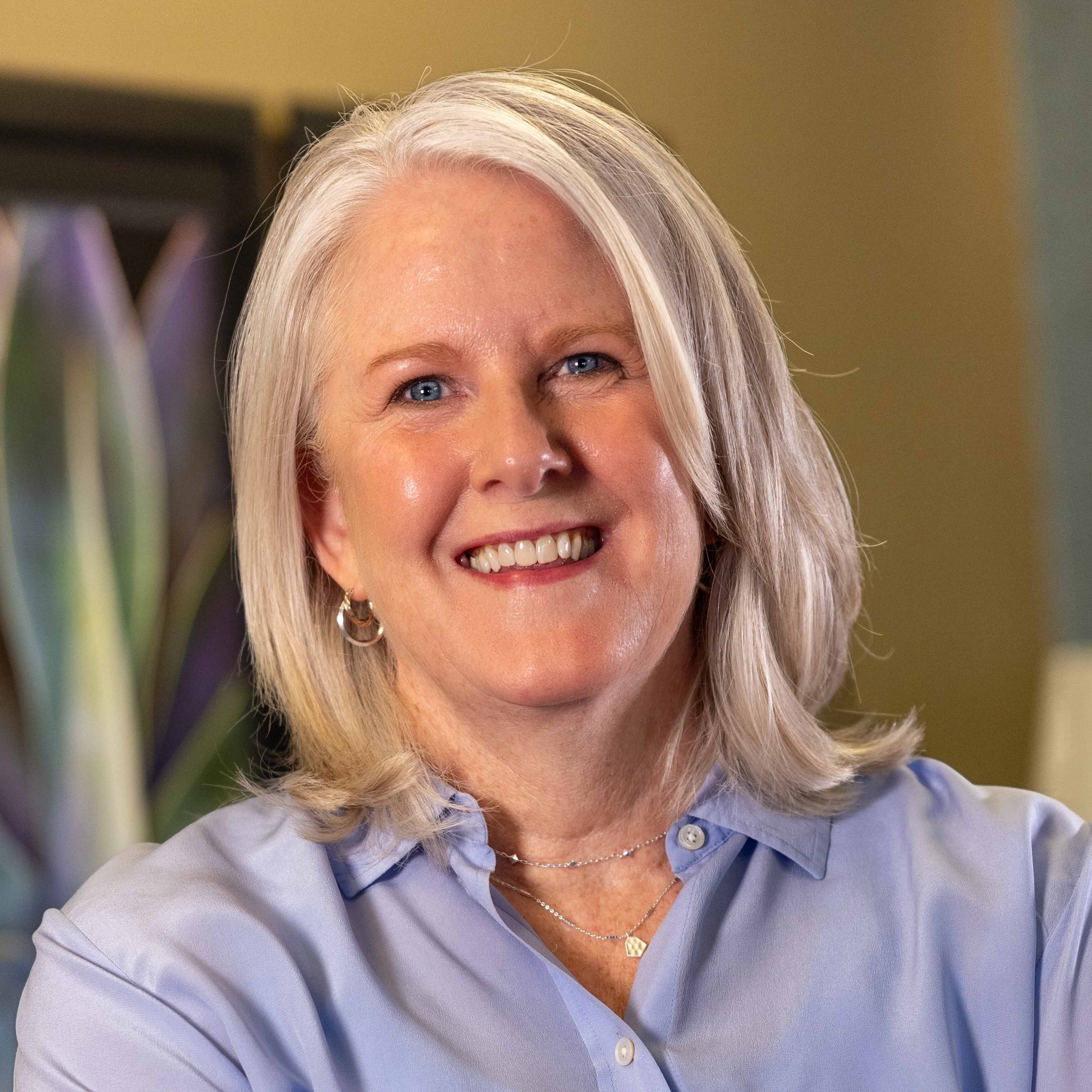
Those first months after COVID-19 hit the U.S., we all encountered a shared experience, yet we all experienced our reality differently. Some of us worked from home, and others had to work in a much-altered setting. Some people were retired and isolated, while others mastered webinars and took up foreign languages. Some people stayed healthy while others got mild cases of COVID. Still, others acquired long COVID and needed to live with a new health reality. And some are mourning those they lost.
Over the past several years, as everyone coped with the pandemic in their own way, I saw that clients were altering and updating financial plans regularly.
Here are some of the changes to financial plans that we encountered as financial advisors.
Your Home is Your Castle
Since everyone’s travel plans were altered drastically and many started working from home, people switched their budget line items from a travel expense to a remodel expense. Staying at home, many folks decided to upgrade their space. Remodels varied from new roofs and windows to redecorating and feeling cozier in their homes.
According to Louise Delagran in an article published by the University of Minnesota, your living space can affect your mood and productivity. It can help reduce stress. The pandemic certainly created a lot of that, so it’s no wonder people spent funds on improving their living environment.
Work Might be Different
As the pandemic progressed, workers realized they had options. Many of our clients changed jobs. Many switched because of remote work – they loved it or hated it and responded accordingly. Or, they worked on-site and didn’t like how the public was treating them.
Raising children during the pandemic has not been easy. If our clients had children at home, often one of the partners chose to cut back on work or quit altogether because of daycare or school's on-again, off-again nature.
Considering Early Retirement
Early retirement also became a common theme. Many people discovered that they didn’t need as big a budget as previously thought. If they were close to retirement, they could reduce their spending plan to enable early retirement. We had many people pull the trigger on this.
COVID showed many of us that life is short – if you can, don’t wait to do what you want.
Get Your Affairs in Order
During the pandemic, my husband and I decided to drive to California to work remotely. Since we were going to be on the road for days at a time, we decided to add our kids to our safety deposit box–just in case something happened to us.
When I brought in the kids’ signature cards, the woman at the credit union was beside herself, thanking me for making the additions. She said that getting access to a safety deposit box once someone passes away is extremely difficult if the heirs aren’t added.
COVID underscored that we don’t know when our time will be up: an infection, a car accident, or a surprise diagnosis can be scary to think about, but still possible. It would be helpful to our heirs to tidy up our affairs, have an estate plan, leave instructions, and provide access to our valuables. We noticed clients were creating and updating estate plans over the last couple of years. A good financial plan not only includes your goals and investments, but a plan to pass your assets onto your heirs as seamlessly as possible.
What Can We Take Away From What We’ve Learned From COVID?
If life throws us a crisis or an opportunity, be thoughtful about how you spend money. For example, COVID brought on a national mental health crisis. Allocating some dollars to creating a low-stress home or virtual therapy sessions could be money well spent.
Reevaluate your work life. Are you enjoying what you are doing? Is there an opportunity to speak to your employer to create a work structure that better suits you? If not, is it time to look at a new employer?
Revisit your financial goals. Do you have a new perspective on your goals? Do you want to retire early? Can you alter your budget? Do you want to do something different altogether? Consider working with a financial advisor to see how your goals work together. Review “what if” modeling to see how you can make your new desires work.
Be kind to your heirs. Get your affairs in order. Create or update your will, health care directive, and power of attorney. Name guardians and trustees for young children. COVID or no COVID – we don’t know when our last day will be, so we might as well make estate planning part of our financial planning. 



